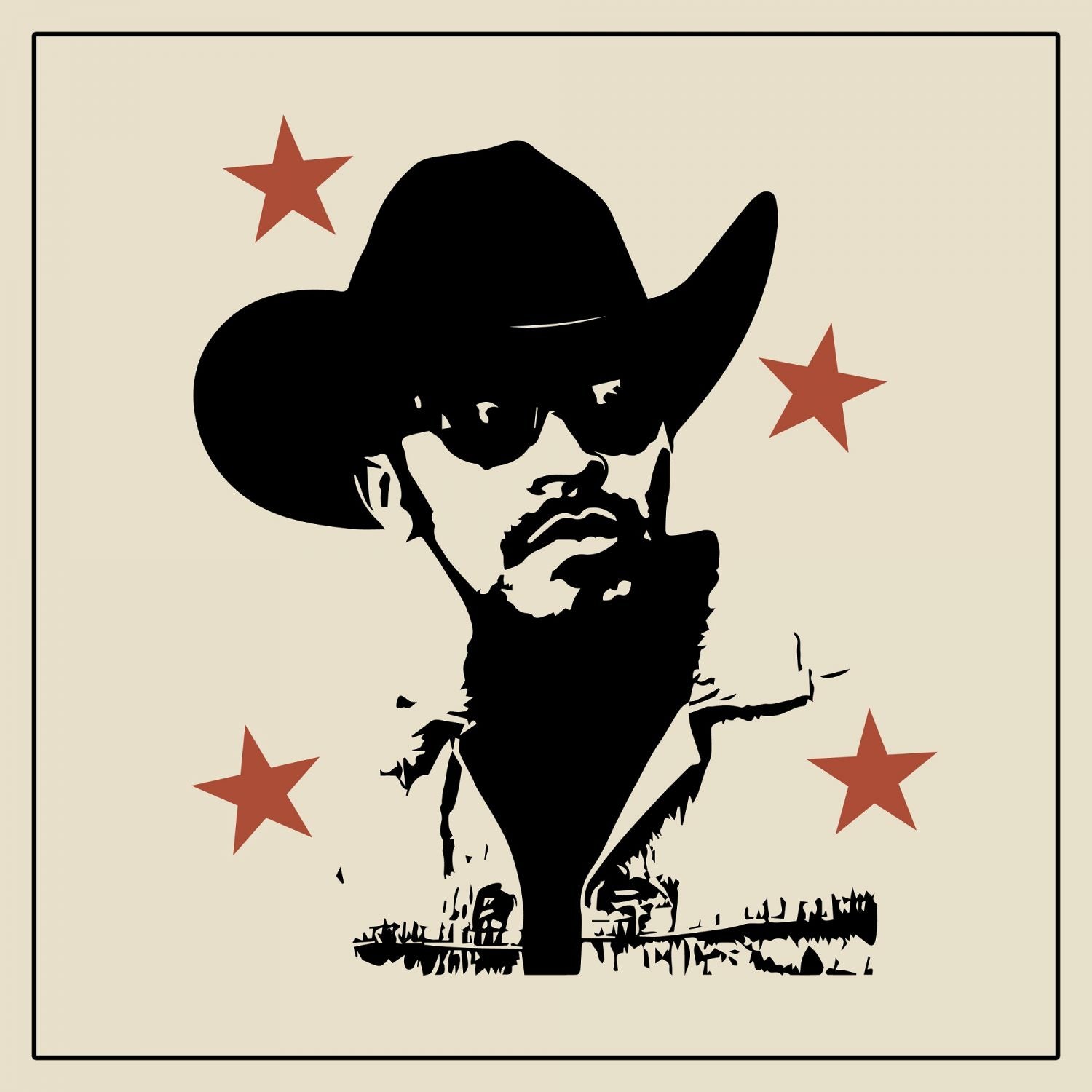October London is a well-known Grammy Winning R&B artist with collaborations with legendary musicians such as Snoop Dogg, Ice Cube, and Anderson. Paak.
Now, he is introducing us to his country alter ego, Sam Nash.
Not only is country music new territory for October, but also for his record label, Death Row Records. With Snoop Dogg at the helm, Death Row – primarily known as a hip-hop label – is breaking boundaries by fusing together multiple genres as they sign Sam Nash as their first country artist.
With his new single, “Country Man”, releasing June 20th, we sat down with October London to learn more about what this country music revolution means.
SWAGGER: You’ve long been celebrated as October London, a Grammy-winning R&B artist with a sound that feels both timeless and fresh. What inspired you to introduce the world to Sam Nash?
October London: The inspiration behind Sam Nash came from a desire to tell new stories in a new voice. As October London, I’ve always drawn from soul and R&B to speak to love, vulnerability, and timeless emotion. But Sam Nash allows me to stretch those same sensibilities into a different cultural space—country music. I grew up around a variety of sounds, and country was always a quiet influence. This alter ego gives that influence room to breathe and shine. It’s less about leaving October behind and more about expanding the universe of what I can express as an artist.
S: The creation of Sam Nash feels more like an embodiment than a rebrand. What does this alter ego allow you to express that October London couldn’t?
O: Sam Nash gives me the freedom to explore the raw, rugged, and sometimes rural narratives that don’t quite live within October’s world. There’s a different kind of honesty in country—one that’s stripped down and rooted in everyday grit. As Sam Nash, I can channel a different kind of masculinity, pain, and perseverance. It’s not just a new sound; it’s a new lens through which to view the world. Sam says things October might whisper. He wears the dust, the denim, and the heartbreak a little differently.
S: Death Row Records has such a rich—and rebellious—history. What does it mean to you to be signed as a country artist under a label known for defining West Coast hip-hop?
O: It’s poetic, honestly. Death Row was built on challenging norms and reshaping culture. So when Snoop and I talked about bringing country into the fold, it felt like a natural continuation of that legacy. Being the first country artist on such an iconic hip-hop label isn’t just symbolic—it’s a statement. It says country music doesn’t have to come from one place or look one way. We’re rewriting expectations, the same way Death Row always has.
S: Let’s talk about “Country Man.” There’s grit and soul in every note. What’s the story behind it, and why did this feel like the right song to introduce Sam Nash?
O: “Country Man” is the foundation of Sam Nash. It’s about owning who you are—flaws, faith, and all. There’s struggle in the verses, but there’s also pride. I wrote it as a love letter to the men I grew up around—hard-working, complicated, soulful, and sometimes overlooked. Musically, it blends country grit with soul warmth in a way that introduces Sam not as a gimmick, but as someone who truly lives this music. It’s not a crossover—it’s a calling.
S: Country music has deep roots in storytelling, and so does soul. Do you see these genres as more connected than they’re often credited for? How do you navigate those overlaps sonically and lyrically?
O: Absolutely. At their core, country and soul are both about storytelling—just told through different accents. They speak to the human condition in ways that are unfiltered and heartfelt. When I write as Sam Nash, I let the story lead, not the genre. The instrumentation may lean country, the vocal may feel soulful, but the message always comes first. I think we’re finally at a point where audiences appreciate that authenticity more than categorization.
S: There’s a growing wave of genre-blending in music today. From Beyoncé to Post Malone to Jelly Roll—why do you think now is the moment for country to open its gates more widely?

O: Music is finally catching up to the reality that fans have known for years—we’re not limited to one sound, one culture, or one story. Streaming changed everything. It gave listeners the power to build their own worlds, where George Strait can sit next to Marvin Gaye and still make sense. Artists like Beyoncé and Post aren’t breaking rules—they’re acknowledging that the rules never really applied in the first place. Country’s always had room. Now it’s just becoming more visible.
S: What has it been like working with Snoop on this project—both as a creative collaborator and as the figurehead of Death Row’s new chapter?
O: Snoop is a visionary. He sees what’s possible long before others do. Working with him on Sam Nash has been a masterclass in fearlessness and faith. He’s supported every risk, challenged me to dig deeper, and made sure that the music stayed honest. But beyond that, he’s given me space to grow. He’s not just reviving Death Row—he’s evolving it. And to be part of that evolution is both humbling and energizing.
S: Finally, what can we expect from Sam Nash next?
O: You can expect truth. More stories, more soul, and more sound that doesn’t care about boundaries. There’s a full project on the horizon that’s going to take listeners deeper into Sam’s world—his struggles, his victories, and everything in between. I’m also excited to hit the stage and bring this music to life in ways people haven’t seen before. Sam Nash is just getting started.
You can listen to Sam Nash’s new single on all platforms June 20th.

